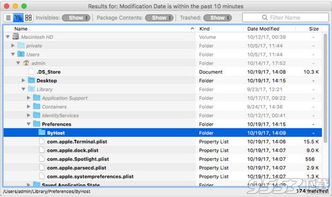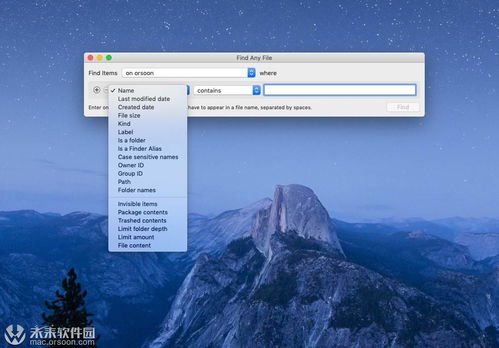
Using Bash to Find the Last Created File
Have you ever found yourself in a situation where you needed to locate the most recently created file on your system? Whether it’s for troubleshooting, organizing files, or simply curiosity, knowing how to find the last created file can be incredibly useful. In this article, I’ll guide you through the process of using Bash to find the last created file, covering various methods and providing you with the necessary commands and explanations.
Understanding File Creation Times

Before diving into the methods, it’s essential to understand how file creation times work. In Unix-like systems, files have three timestamps: atime (access time), ctime (change time), and mtime (modification time). The mtime is typically what you’re interested in when looking for the last created file, as it reflects the last time the file’s content was modified.
However, it’s important to note that the mtime may not always reflect the actual creation time of a file. For instance, if a file is created and then immediately modified, the mtime will be the time of the modification, not the creation. To accurately determine the creation time, you may need to use additional tools or methods.
Method 1: Using the `find` Command with `-newermt`

The `find` command is a powerful tool for searching files in a directory hierarchy. One of its options, `-newermt`, allows you to find files that are newer than a specified time. To find the last created file, you can use the following command:
find /path/to/search -newermt @$(date -d 'yesterday' +%s)This command searches for files in the specified path that were modified after yesterday. The `date` command is used to get the timestamp of yesterday, and the `@` symbol is used to pass the timestamp to the `find` command.
Method 2: Using the `find` Command with `-printf`

The `-printf` option of the `find` command allows you to format the output of the search results. To find the last created file, you can use the following command:
find /path/to/search -printf '%T@ %p' | sort -n | tail -n 1This command prints the mtime and the file path for each file in the specified path. The `sort -n` command sorts the results numerically, and the `tail -n 1` command retrieves the last line, which corresponds to the most recently created file.
Method 3: Using the `find` Command with `-printf` and `stat
Another approach is to use the `stat` command in conjunction with the `find` command. This method allows you to retrieve the creation time of a file. Here’s how you can do it:
find /path/to/search -printf '%T@ %p' | while read -r line; do stat -c %w %y "$line" | cut -d ' ' -f 2; done | sort -n | tail -n 1This command is similar to the previous one, but it uses the `stat` command to retrieve the creation time of each file. The `cut` command extracts the creation time from the `stat` output, and the rest of the command sorts and retrieves the most recently created file.
Method 4: Using the `ls` Command with `-lt
The `ls` command is a simple and straightforward way to list files in a directory. To find the last created file, you can use the following command:
ls -lt /path/to/searchThis command lists the files in the specified path in reverse chronological order, with the most recently created file at the top. You can then use the `head` command to retrieve the first line, which corresponds to the last created file.
Method 5: Using the `ls` Command with `-lt` and `awk
Another approach using the `ls` command is to combine it with the `awk` command. This method allows you to extract the creation time of each file and sort the results. Here’s how you can do it:
ls -lt /path/to/search | awk



